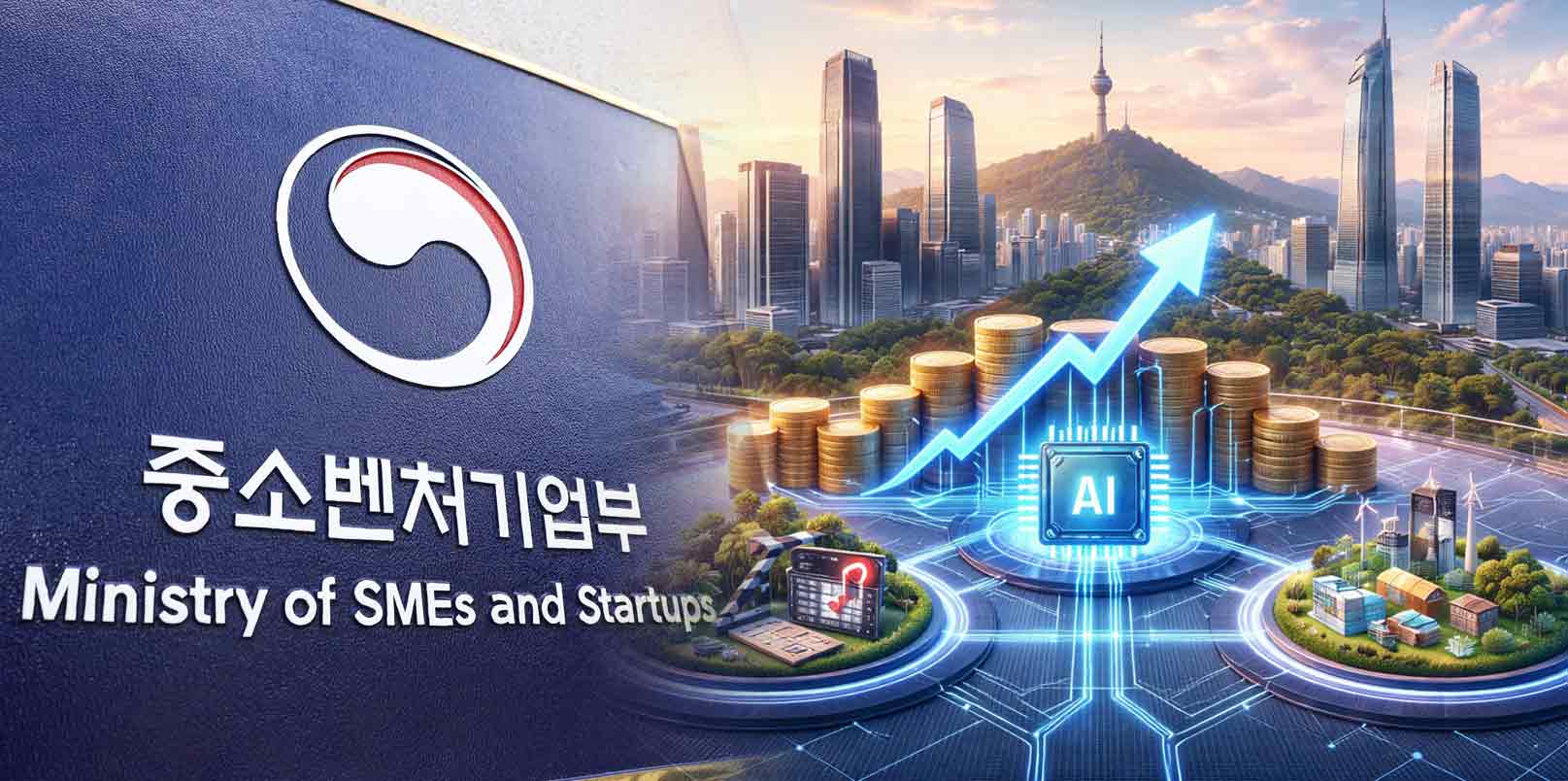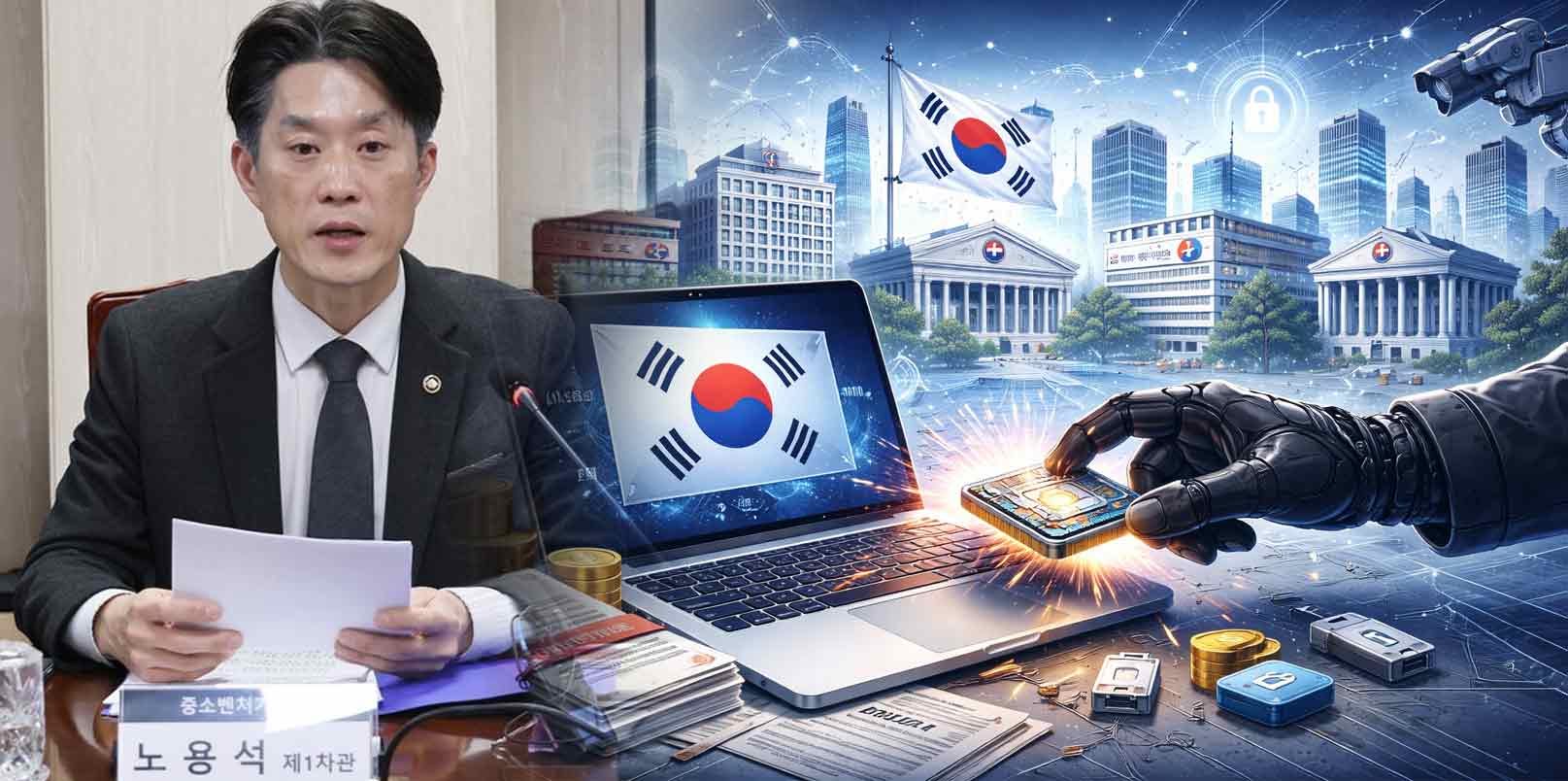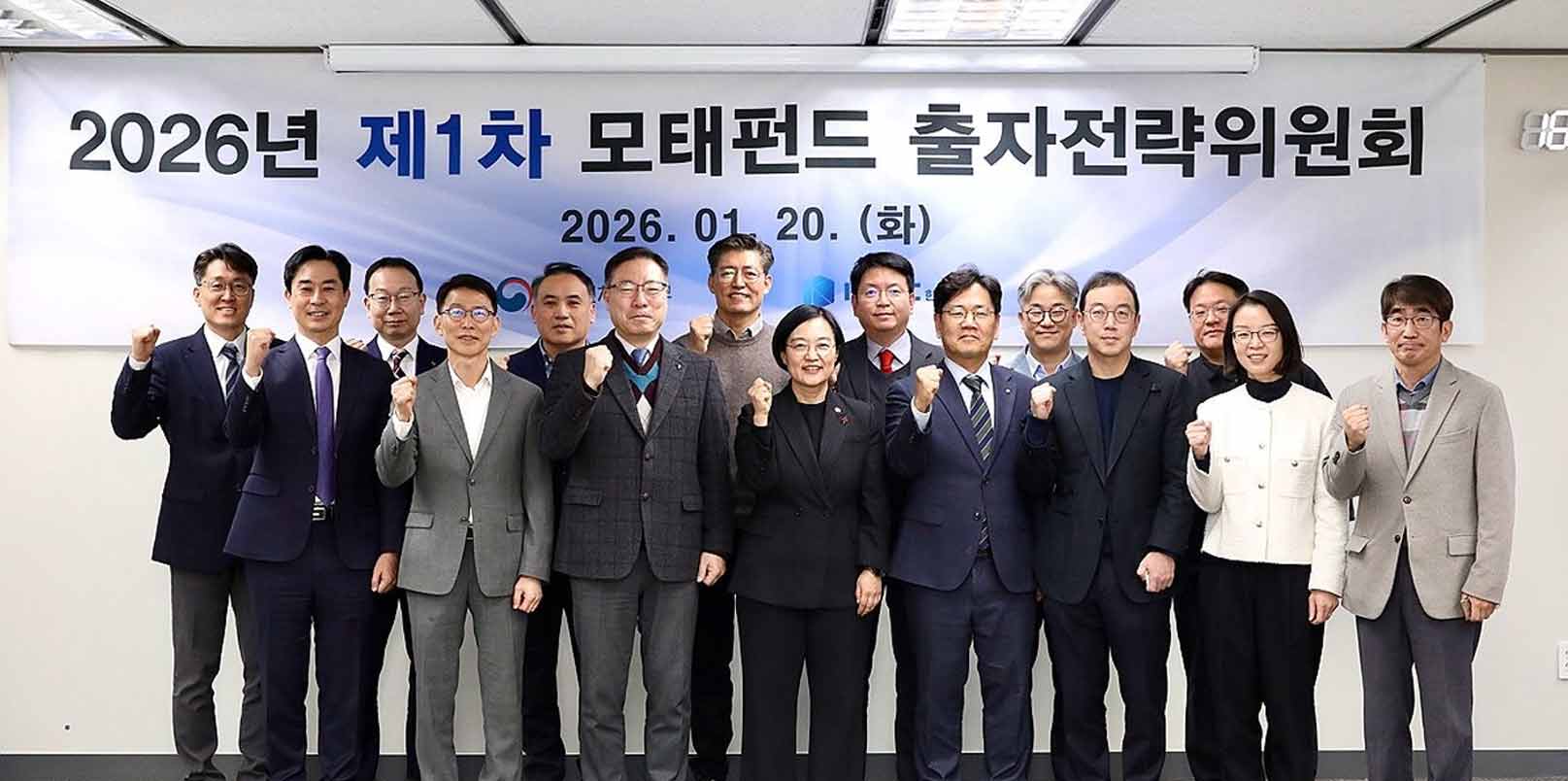The Korean Ministry of SMEs and Startups, unveiled its ambitious plan to transform the nation into a global startup leader and hub for unicorn companies. A recent announcement revealed its support for 150 startups in the deep-tech sector through the ‘Super Gap Project Startup Business.’ These selected startups, triumphing over a fierce competition rate of 13.1:1, will receive direct support amounting to 1.1 billion won ($824k) over the next three years. This support includes commercialization funds of up to 600 million won (449k), and R&D funds of 500 million won ($374k), tailored to meet the specific needs of each company.
In addition to direct support, 150 companies selected through various methods such as general public offering, private verification, and recommendation by ministries can receive linked support such as policy funds, guarantees, and exports. The 150 companies, chosen through various selection methods such as general public offerings, private verifications, and ministry recommendations, will also have access to linked support, including policy funds, guarantees, and export assistance.
The ‘Super Gap Project’ is a groundbreaking initiative that aims to foster over 1,000 deep-tech startups across ten emerging industries, with an investment of more than 2 trillion won ($1.49 billion) in public-private partnerships over the next five years. The ten supported industries encompass System Semiconductors, Bio·Health, Future Mobility, Eco-friendly·Energy, Robotics, Big Data·AI, Cyber Security· Networks, Aerospace·Marine, Next Generation Nuclear Power Plants, and Quantum Technology.
Notably, among the selected companies, 10% (14 companies) had more than seven years of experience, expanding the scope of government support for startups in new industries beyond the previous limit of seven years. This change was implemented following the full amendment of the Entrepreneurship Support Act, which aimed to promote startups in new industries and was fully enacted in June of last year.
The selected startups demonstrate impressive achievements, with an average cumulative investment amount of 10.1 billion won ($7.5 million) until 2022, and an average investment attraction of 3.56 billion won ($2.6 million) in 2022 alone. Notably, 5% (7 companies) of the selected startups are female-led, showcasing the growing presence of women in the startup ecosystem. In addition, 55 % of startups are led by researchers, and 67% of the representatives are in their 40s to 50s.
In addition to the newly selected companies this year, 25 startups that demonstrated exceptional sales, employment growth, and investment attraction during the three-year support period of the Innovation Field Startup Package Project starting from 2020 were also included after a separate evaluation process.
To facilitate global expansion, the selected startups will receive follow-up support for commercialization funds, with up to 1 billion won ($74 million) available over the next two years to aid their global scale-up efforts. Among the ongoing projects within the Super Gap initiative, the ‘Deep Tech TIPS Project’ aims to select 120 startups that have attracted over 300 million won ($224k) in investment from existing TIPS operators during the year across the ten supported industries. The selection process for this project is based on recommendations from TIPS operators.
To ensure fair and comprehensive evaluation, the Ministry of SMEs and Startups formed a 240-person ‘Super Gap Startup National Evaluation Group’ consisting of top experts from academia, industry, and investment, both domestically and internationally.
During the project’s launch ceremony, Minister Lee Young personally presented the prestigious ‘Super Gap Project Selection Company’ signboard to two exceptional CEOs. One recipient was Park Seong-hyun, CEO of Rebellion, a pioneering system semiconductor company specializing in the design of AI chips. Rebellion has garnered an impressive cumulative investment of 112 billion won ($83 million) within just two years since its establishment.
The second awardee was Kim Joo-seong, CEO of Libest, which gained recognition by winning a CES Innovation Award in 2023 for its revolutionary flame retardant and non-freezing battery technology. Minister Lee said, “We will select the best startups so that they can grow into unicorns responsible for the country’s economy, and promote unconventional support through the super-gap project so that they can grow quickly.”
Also Read,
- Korean startup Rebellion launches AI semiconductor for ‘Korean GPT’
- Korean startup LiBEST creates world’s first Wireless Charging Band for Apple Watch
- Korean government’s 10.5 trillion won investment support plan for startups: Will it suffice to combat economic slowdown?
- Korean Ministry selects venture fund managers worth $245 million to support startups & entrepreneurship






